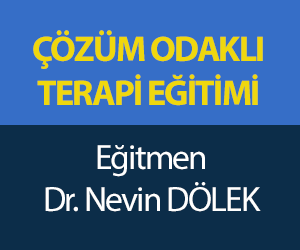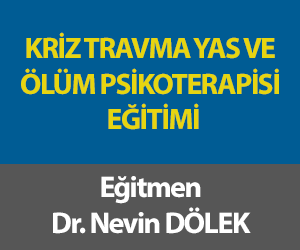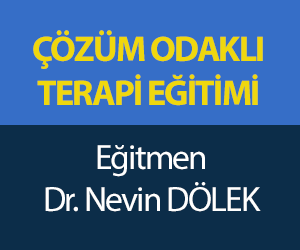Psychiatric Drugs Might Raise Cardiac Death Risk

HealthDay News - Preliminary research suggests people who suffered fatal cardiac arrest were more likely to have taken antidepressants and other psychiatric drugs than those who survived heart attacks.
But the findings haven't been confirmed elsewhere, and it's not clear whether the medications directly cause any problems. Those who take the drugs could have other medical issues that contribute to a higher death rate, the researchers noted.
"It is too early to give concrete advice" to patients who take the drugs, said study author Dr. Jussi Honkola, a researcher at the University of Oulu in Finland. "We need further studies about this possible relationship."
In other words, there's no indication that anyone needs to change the drugs that they take for conditions such as depression and anxiety.
At issue is sudden cardiac death -- when someone dies suddenly and unexpectedly, often within minutes, after the heart stops functioning properly. Heart attacks can lead to cardiac arrest and then sudden cardiac death. But heart attacks are technically something else -- the death of heart tissue because blood flow is disrupted.
A variety of conditions can cause sudden cardiac death, including the clogging of arteries caused by coronary heart disease.
And, "despite many years of intensive research we still don't know how to identify people who are at risk for sudden cardiac death," Honkola said.
In the new study, the Finnish researchers examined the medications taken by 321 victims of cardiac death compared with those taken by 609 patients who survived heart attacks.
The findings were to be released Thursday at the Heart Rhythm Society's annual meeting, in Boston.
The study doesn't reveal specifically which psychiatric drugs were examined, but it does say that those who died of cardiac death were more likely to have taken one of three types.
Almost 11% of those who suffered sudden cardiac death took antipsychotics, compared to 1.4% of those who survived heart attacks. The numbers for antidepressants were 7.4% and 3%, respectively, and 18.4% and 5% for benzodiazepines, which include drugs such as Xanax.
Those who survived heart attacks were more likely to take aspirin and the heart drugs known as beta blockers.
The findings "are interesting, even provocative, but much more work remains to be done in order to have a high degree of confidence in the results," said Dr. Robert A. Harrington, director of the Duke Clinical Research Institute in Durham, N.C.
"For now, society should insist upon randomized clinical trials during and after the drug approval process that test therapies in patients who will likely take the drugs in 'real life,'" Harrington said.
That means those who take part in tests of drugs represent those who ultimately take them when it comes to their medical conditions and the other drugs that they're taking, he explained.
SOURCES: Jussi Honkola, M.D., researcher, University of Oulu, Finland; Robert A. Harrington, M.D., professor, medicine, Division of Cardiology, and director, Duke Clinical Research Institute, Durham, N.C.; May 14, 2009, presentation, Heart Rhythm Society annual meeting, Boston.










Türkçe karakter kullanılmayan ve büyük harflerle yazılmış yorumlar onaylanmamaktadır.